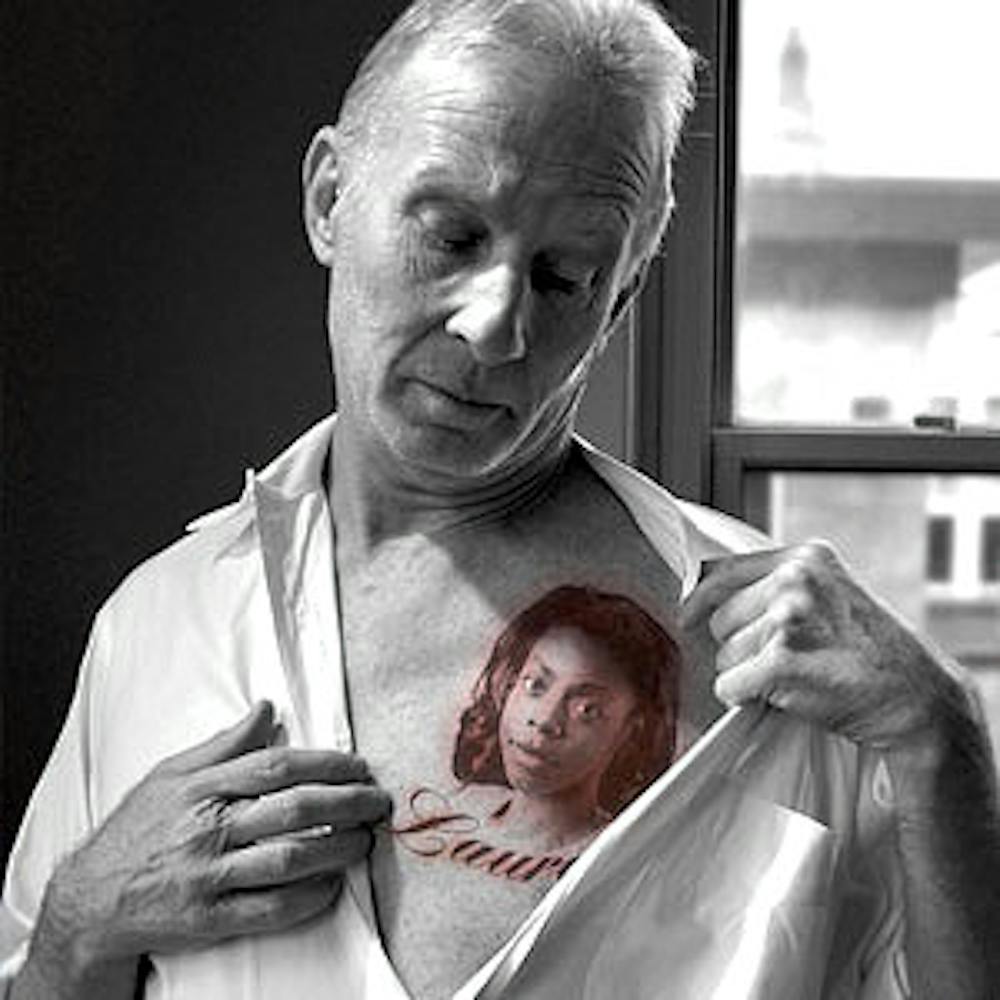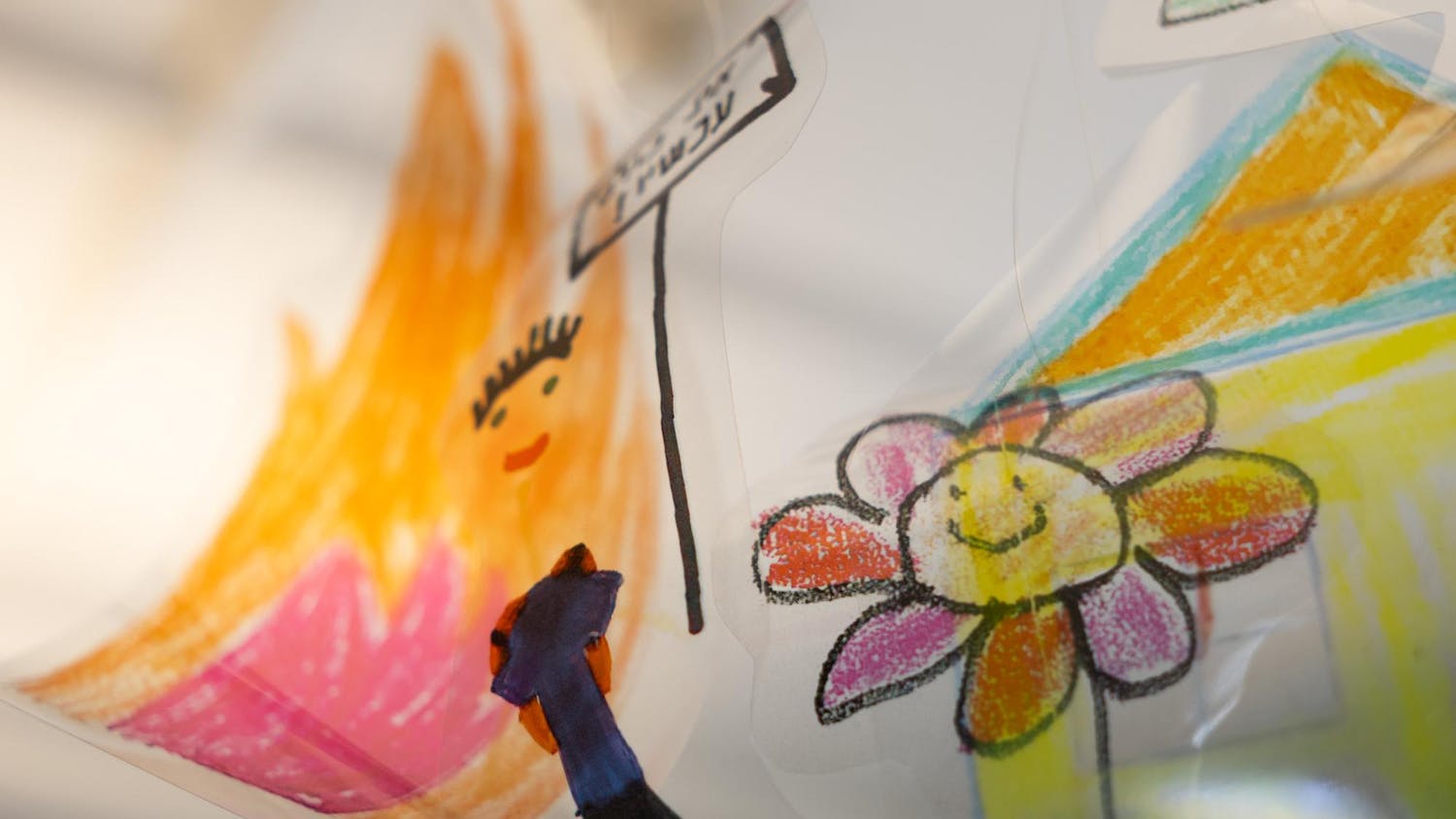Profound probes into human memory and dysfunctional family relationships have lodged “The Glass Menagerie” in many hearts since its 1944 premiere. This exploration echoes with particularly disjointed, frenzied energy in Trinity Repertory Company’s inventive interpretation of Tennessee Williams’ play, which runs through March 29.
Director Brian Mertes’ creative risks spur the production toward psychological poignancy, and if it occasionally falls short of his vision, this is due only to his overeager approach. Predominant among the imaginative elements that bring a broken atmosphere to the play is its music. The original compositions, written and performed by Phillip Roebuck, resound with a chaotic mix of piano, organ, guitar, fiddle and iron bells as Roebuck wanders, dizzied, around and across the stage.
Now and then the melancholy notes turn to light-hearted jingles, with jarring effect: The humor of tunes such as “Let’s All Go to the Movies,” in which the cast bursts suddenly into song and kazoo-blowing, mingles ironically with the weight behind the words. Protagonist and narrator Tom Wingfield, performed by Brian McEleney, usually includes heavy drinking in his nightly trips “to the movies,” representing his bitterness and frustration with life.
The set design adds an array of subtle and not-so-subtle metaphors for the consciousness of each character. Below the stage, a piano doubles as a staircase that clangs dissonantly when Mia Ellis, as the limping Laura Wingfield, trips on its keys. Tom’s metal bed rises in the air on a pulley and transforms into a fire escape, where he and his mother wish on the moon.
An overhead projector serves as the table on which Laura plays with her glass animals, presenting the audience with a magnified image of her slow, gentle hands on the wall behind. These detailed combinations provoke not just audience members’ eyes, but also their senses of hearing and touch — the same faculties that plunge Tom, their retrospective guide, into the recesses of his memory.
Not every component of the set is quite as successful. Some haphazard props, including tissue-paper flowers and an inflatable giraffe, seem superfluous. At moments it is difficult to discern whether the musical interruptions contribute more distraction than constructive interpretation to the raw power of the script. Yet these features are soon forgotten in the shadow of an impressive cast.
Mia Ellis shines as Laura, a girl whose body fetters and shames her before the social world. As an older Tom, who is in his 20s during the heart of the story, McEleney highlights his character’s cyclical loss of himself to the future as a young man and to the past as an aging one. Anne Scurria as Amanda Wingfield and Dennis Kozee as Jim O’Connor also bring fascinating interpretations to their roles, leading the audience to reward them with a standing ovation.
Leaving Trinity Rep at the end of the show Thursday night, audience members had some difficulty navigating a large crowd absorbed in a heated debate over the cast’s portrayal of a divisive plot point. It was that sort of production.





